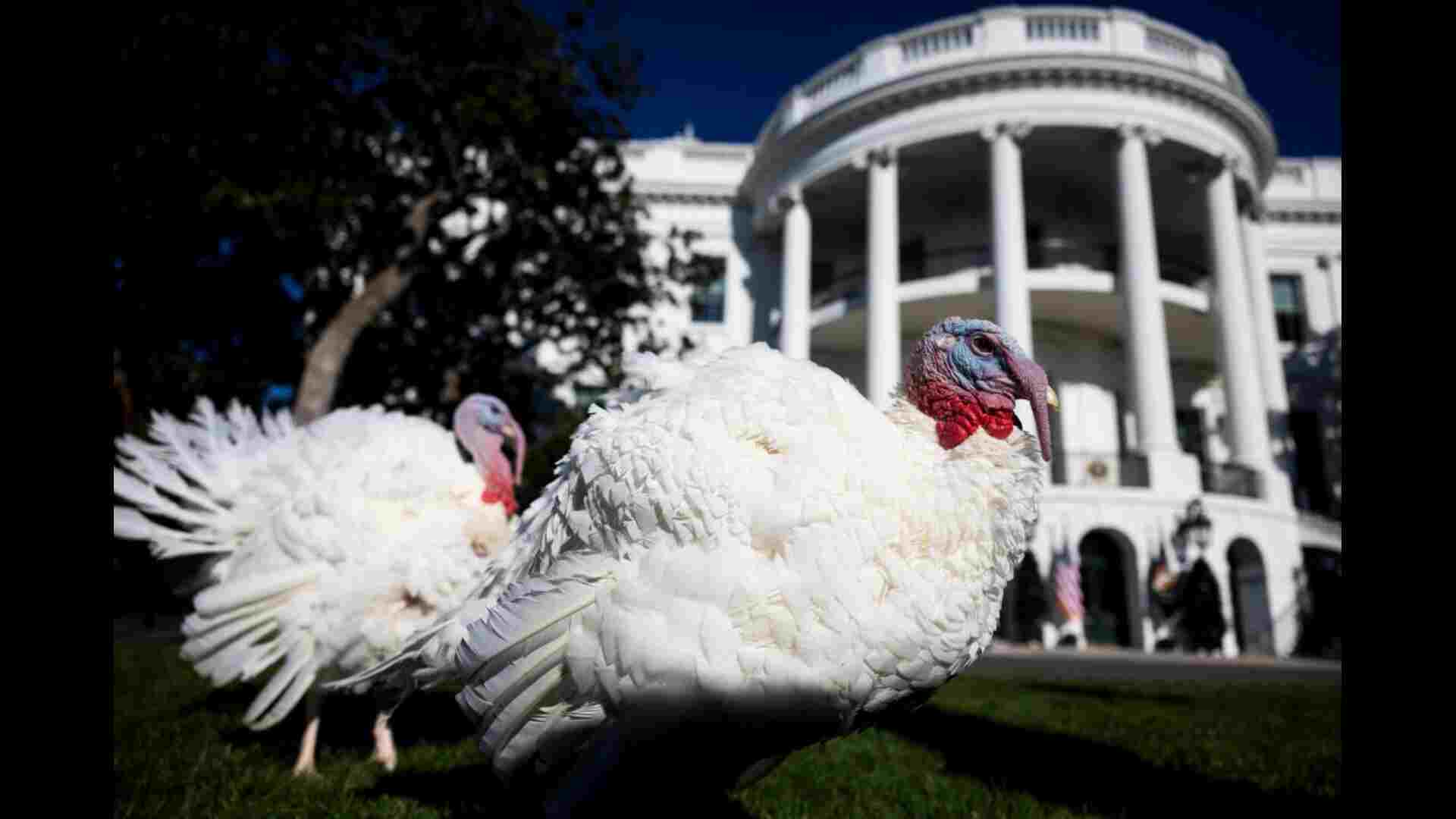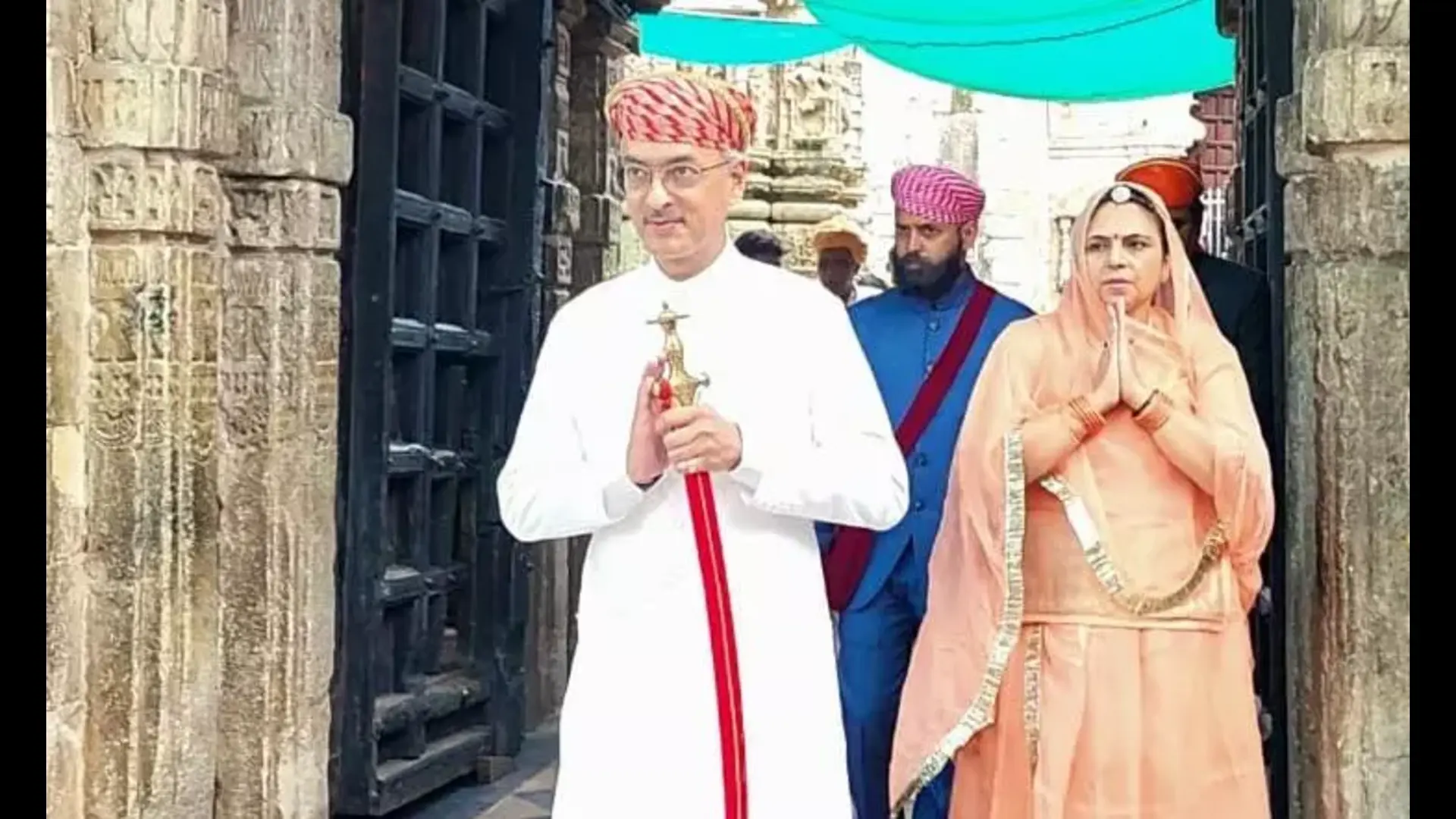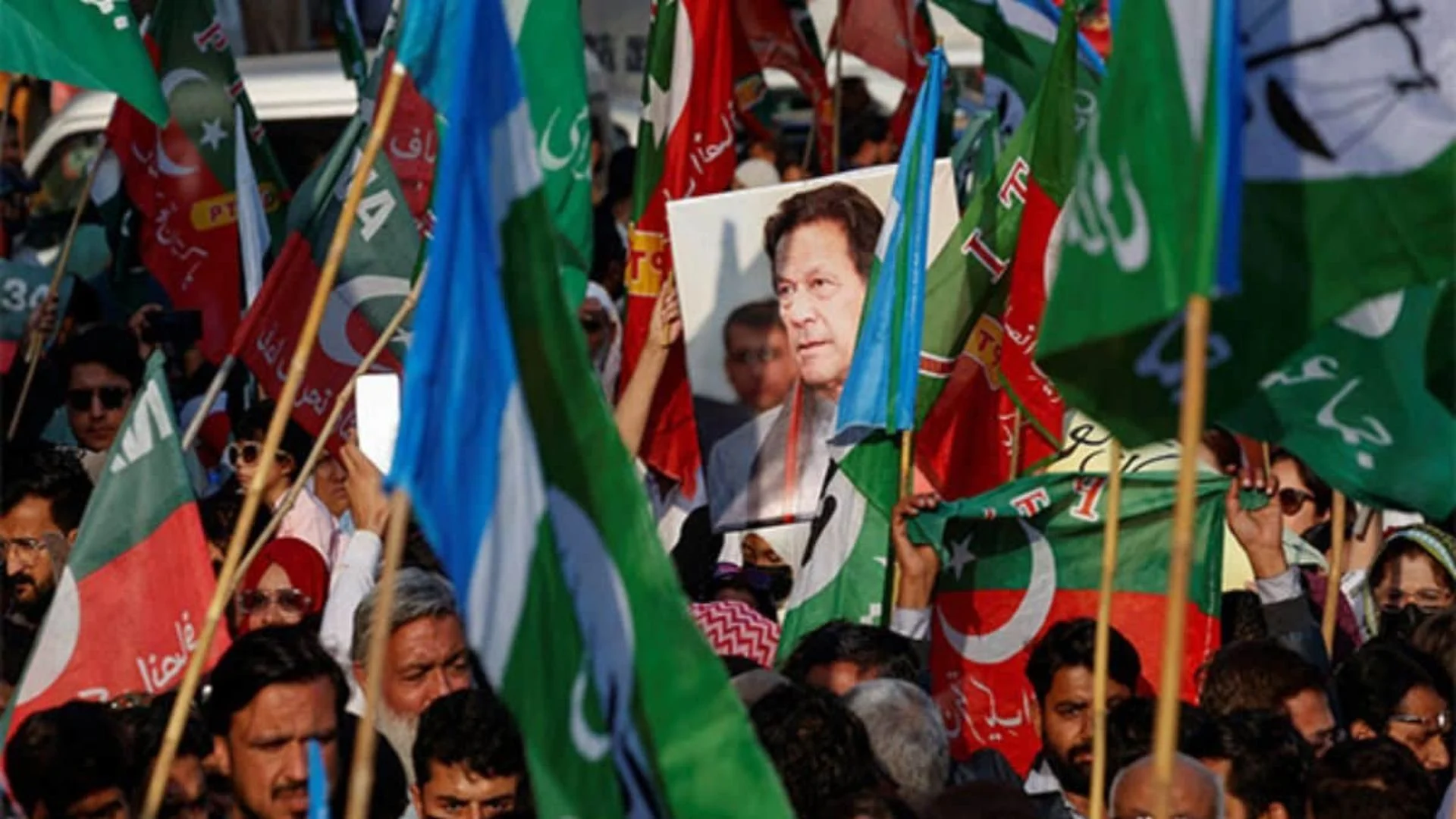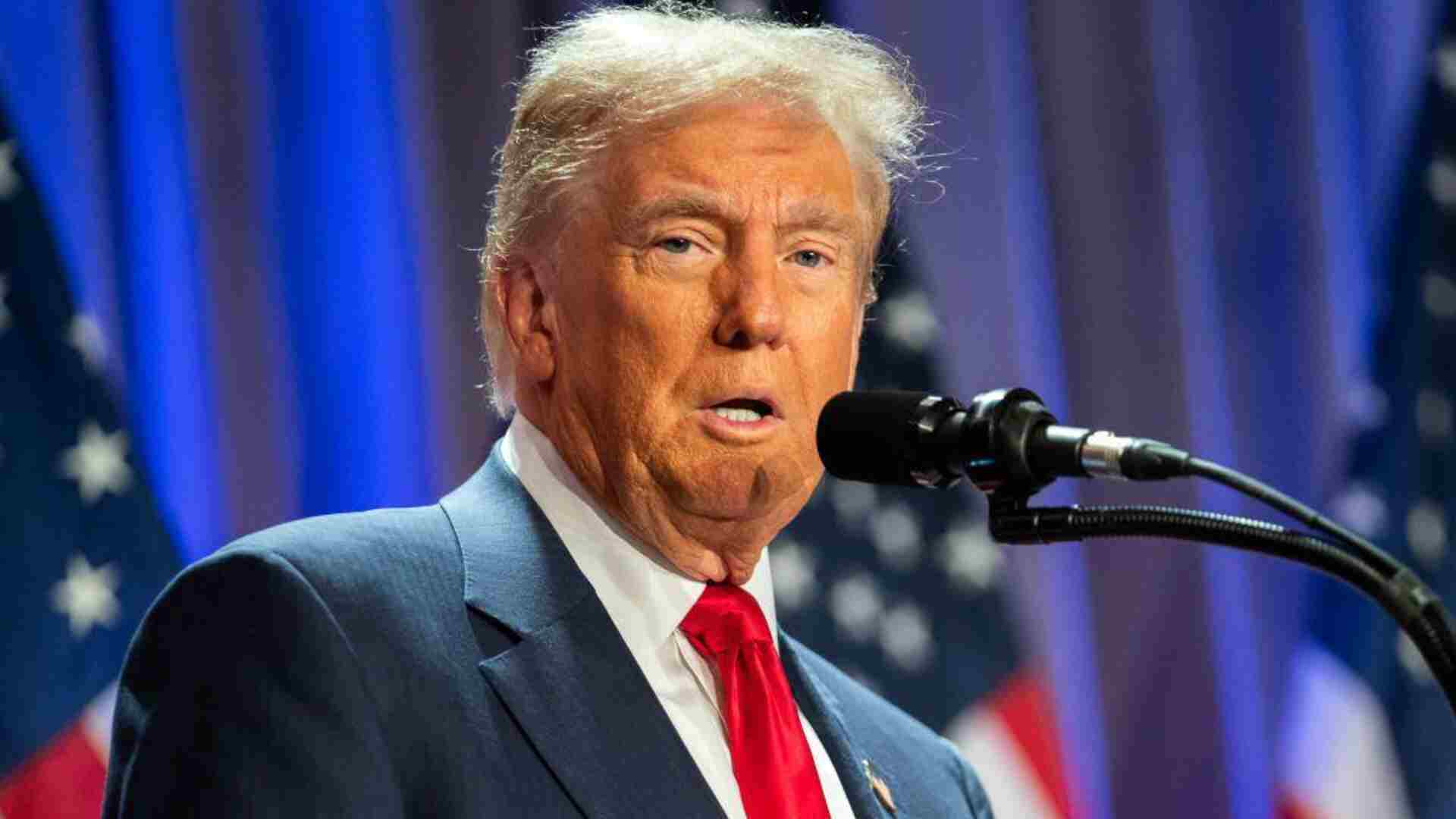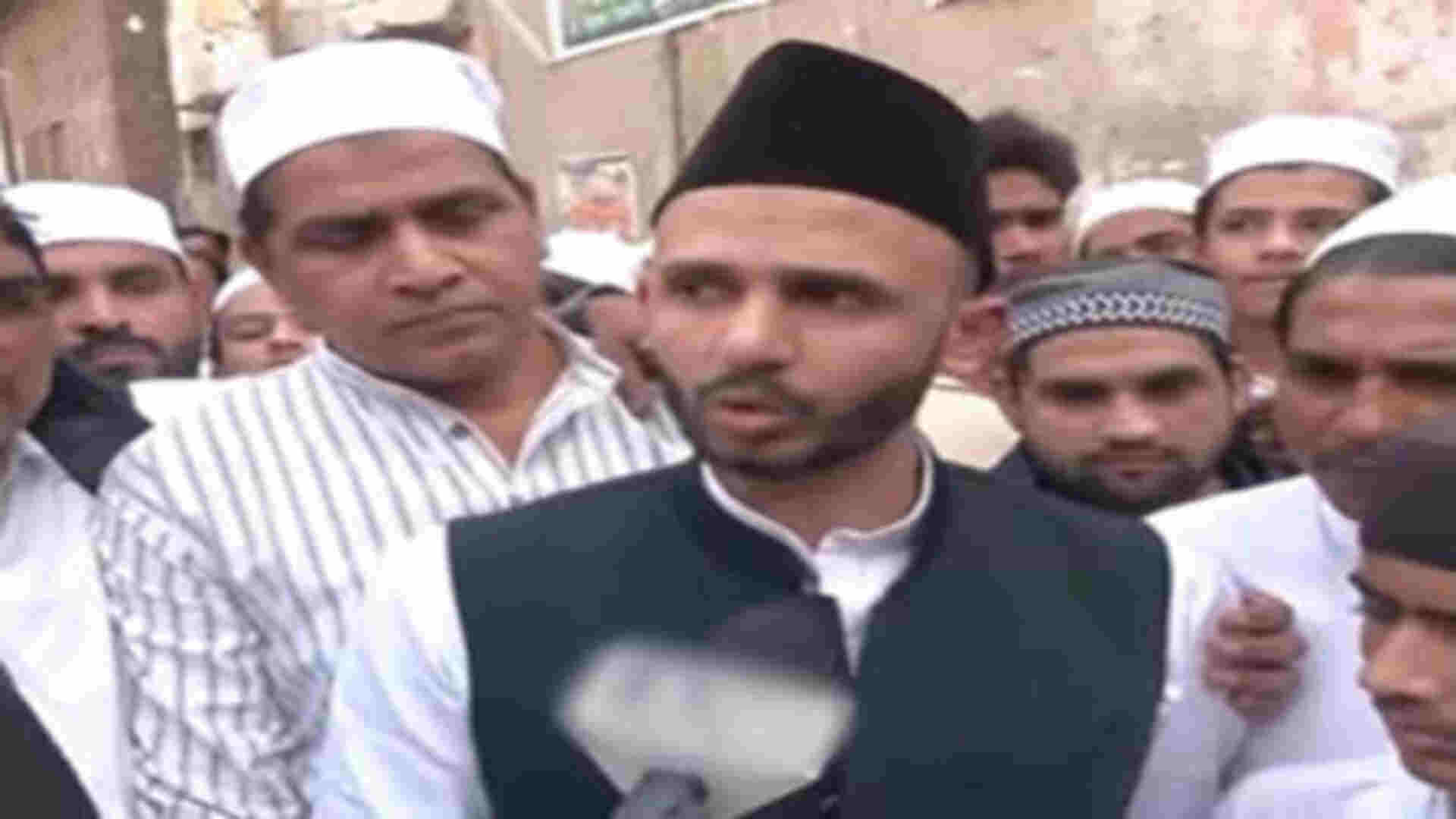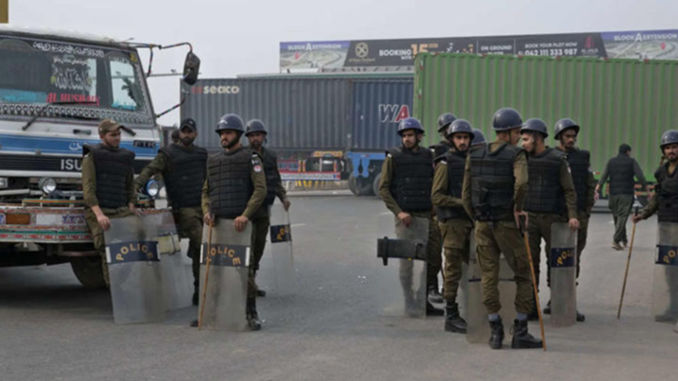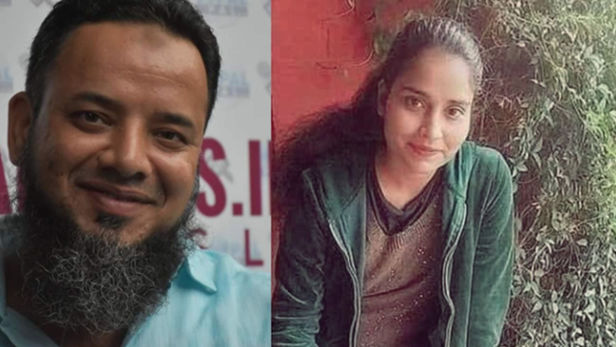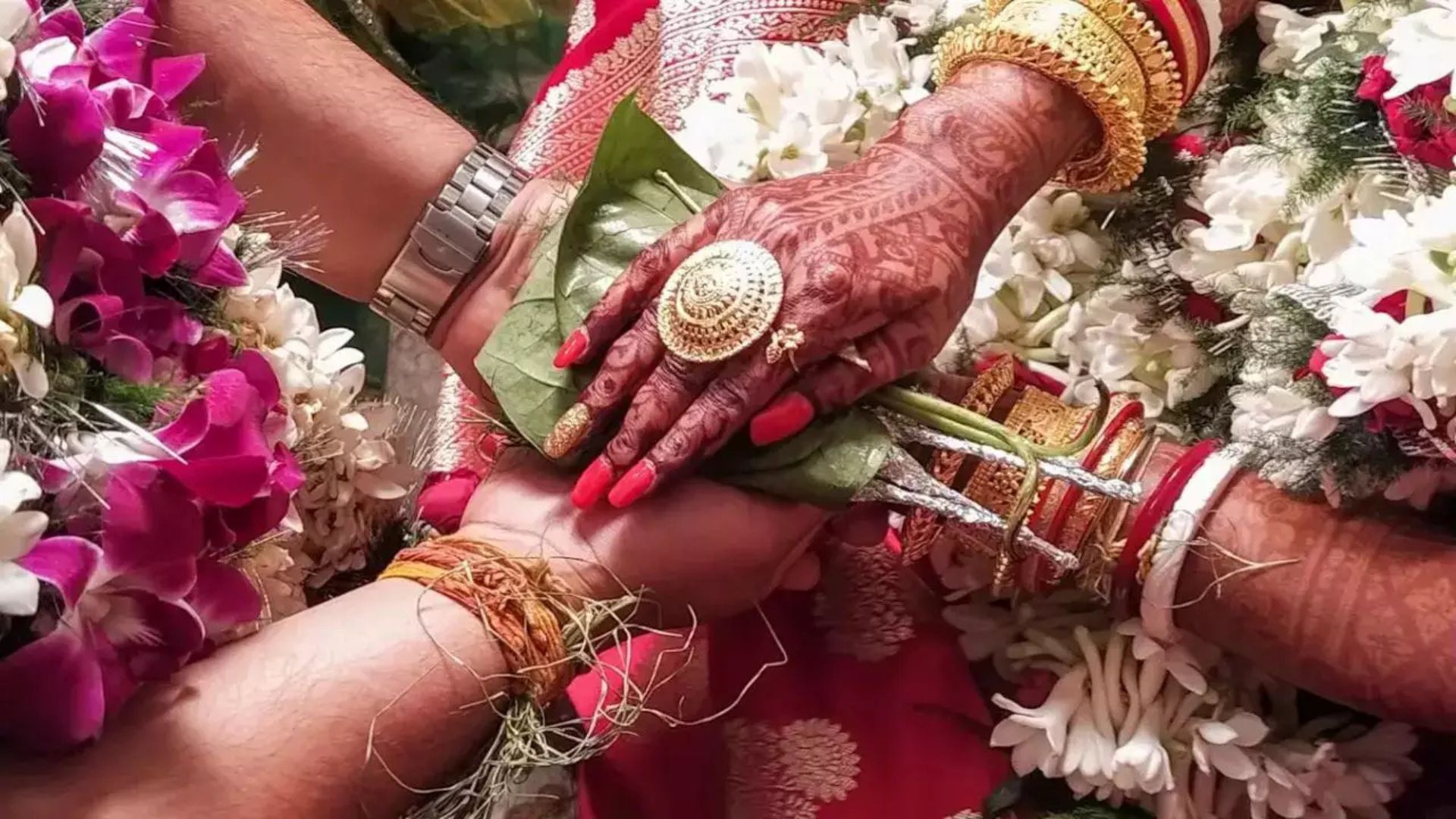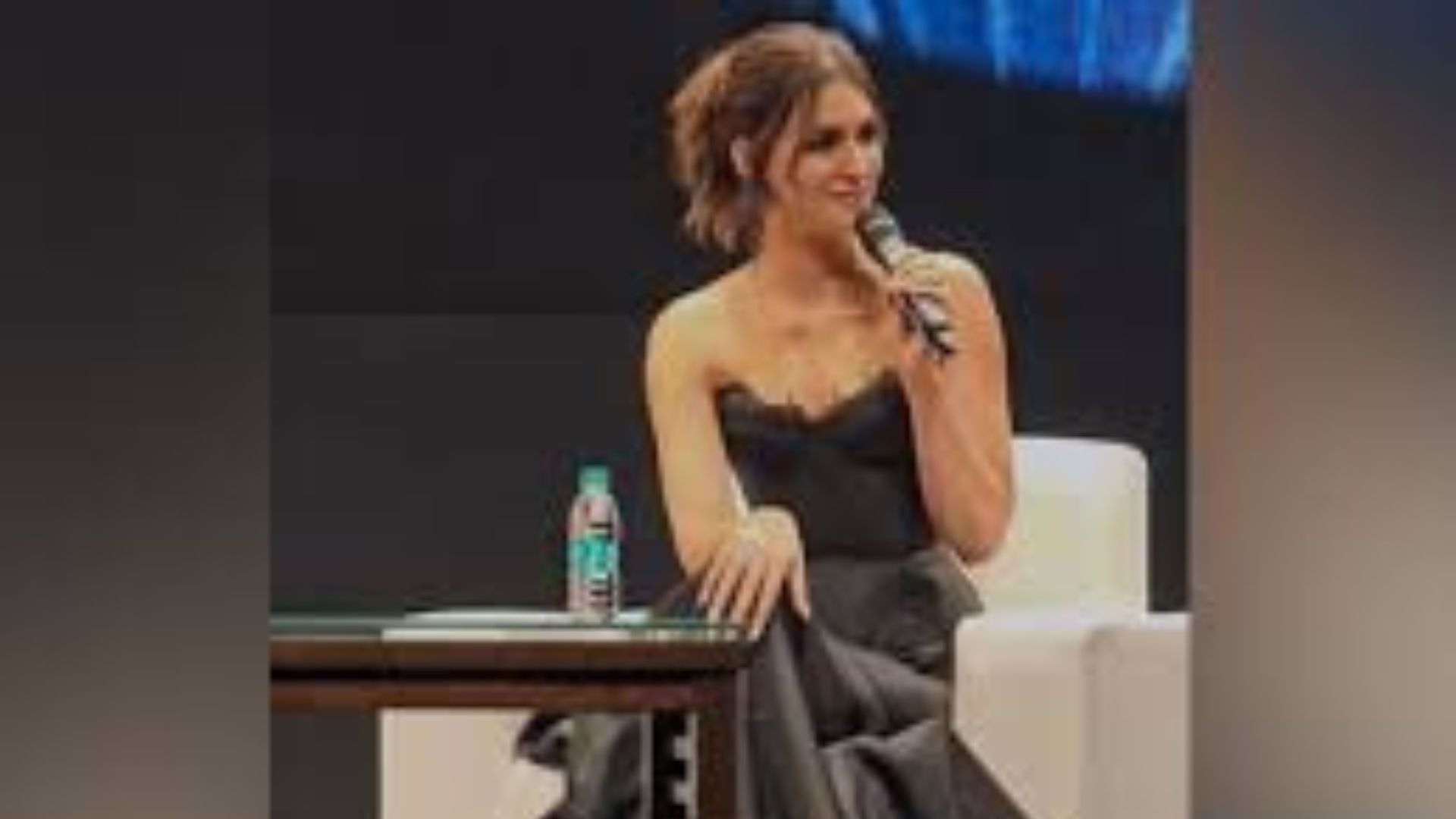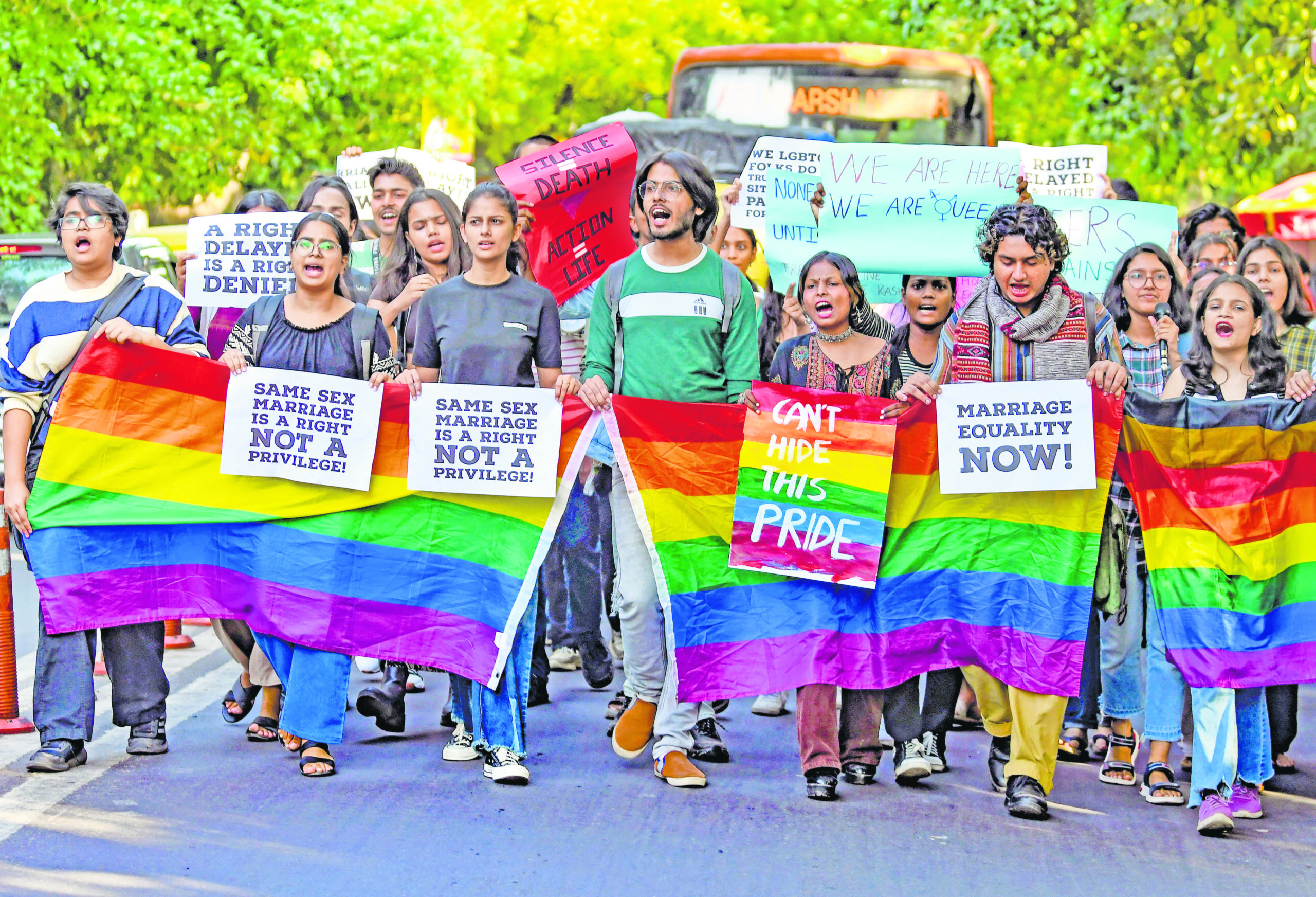
The Supreme Court on Thursday agreed to look into a request for an open court hearing of a petition seeking a review of its majority judgment in October refusing to legalise same-sex marriage.
A petition seeking a review of the October 17 verdict, which declined legal recognition for same-sex marriages, was mentioned before the Supreme Court on Thursday for an open court hearing. Chief Justice D.Y. Chandrachud, alongside Justices J.B. Pardiwala and Manoj Misra, took note of the submissions made by senior advocate Mukul Rohatgi, representing one of the petitioners, asserting that the review plea required an open court hearing to address the concerns of those seeking validation for same-sex marriages.
“I have not examined the (review) petition. Let me circulate it (among judges of that constitution bench),” stated the CJI. All judges on the constitution bench shared the perspective that there was a form of discrimination against queer individuals, necessitating relief, Rohatgi noted.
As per the apex court registry, the review plea is scheduled for consideration on November 28. In early November, one of the petitioners approached the top court seeking a review of the October 17 judgment.
The constitution bench, led by the CJI, delivered four separate verdicts on a set of 21 petitions advocating for legal endorsement of gay marriages. All five judges unanimously declined to provide legal support for same-sex marriages under the Special Marriage Act, affirming that it falls within the purview of Parliament to amend the law for validating such unions.
However, by a 3:2 majority, the apex court ruled that queer couples do not possess the right to adoption. The verdicts, composed separately by the CJI and Justices Kaul, Bhat, and Narasimha, also declined to invalidate or modify the sections of the Special Marriage Act (SMA) to encompass non-heterosexual couples.
However, the judges held contrasting opinions on the extent to which a court can intervene, despite acknowledging that queerness extends beyond an “urban, elitist concept” and necessitates state protection for such couples.
While the CJI and Justice Kaul asserted that the constitutional right of queer couples to form a union should be safeguarded and that the State is obligated to acknowledge these civil unions and provide them legal benefits, including adoption rights, the remaining three judges disagreed with this perspective.
